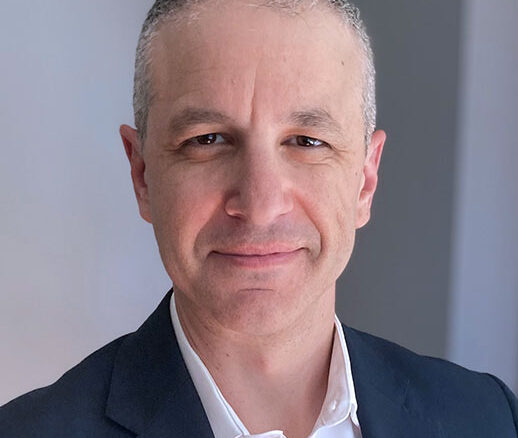
NIH on the Brink: How to Fund Medical Breakthroughs in the Trump–Kennedy Era
With Drastic Cuts on the Table, What’s the Best Way To Fund Medical Innovation – NIH Grants, Prizes, or Bold New Models?
Health Equity | Improving Care for Older Adults
News
Penn LDI Senior Fellow and University of Pennsylvania School of Nursing Assistant Professor Adriana Perez, PhD, has received the National Hispanic Council on Aging’s 2021 Research Recognition Award. The award was presented at the NHCOA’s annual “United for Equity” meeting in December.

Perez, whose work is funded by the National Institutes of Health’s National Institute of Aging, focuses her research on the cognitive, cardiovascular, and sleep-related health issues among Spanish-speaking older adults with Alzheimer’s and related dementias.
Headquartered in Washington, D.C., the 50-year-old NHCOA is a non-profit with chapters and affiliates across the country focused on improving the health, economic security, housing and caregiving among older Hispanic adults.
“Our Hispanic elders face a barrage of challenges that stem from lifetimes of discrimination leading to major long-term complications with their health,” program host Maria Teresa Cardona told the audience as she opened the virtual event. “The health of Hispanic seniors is a major concern and roadblock to successful aging.” Cardona is the founder of Latinovations and a CNN/CNN en Español political commentator.
“I am deeply honored to receive this award,” said Perez. “As a nurse-scientist I am deeply committed to making research more inclusive of older Hispanics and Latinos, and to contribute to a scientific workforce that reflects our community.”
“Although this population experiences a disproportionate burden of many chronic conditions, such as Alzheimer’s disease, less than five percent of Alzheimers clinical trials include Hispanics,” continued Perez. “I look forward to making a difference in this by working with community partners, other scientists, older Hispanics and Latinos and their families to advance cognitive health equity.”

With Drastic Cuts on the Table, What’s the Best Way To Fund Medical Innovation – NIH Grants, Prizes, or Bold New Models?

An Analysis of Penn Medicine Healthy Heart Program Provides Insights

From 1990 to 2019, Black Life Expectancy Rose Most in Major Metros and the Northeast—but Gains Stalled or Reversed in Rural Areas and the Midwest, Especially for Younger Adults.

Findings Suggest That Improving Post-Acute Care Means Looking Beyond Caseloads to Nursing Home Quality

They Reduce Coverage, Not Costs, History Shows. Smarter Incentives Would Encourage the Private Sector

The 2018 MISSION Act Cut Travel Times for Veterans Needing Major Heart Procedures but That Came With More Complications in VA Community Care